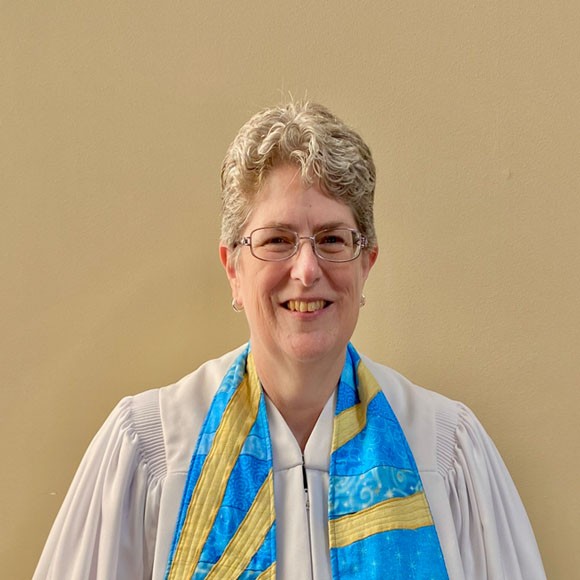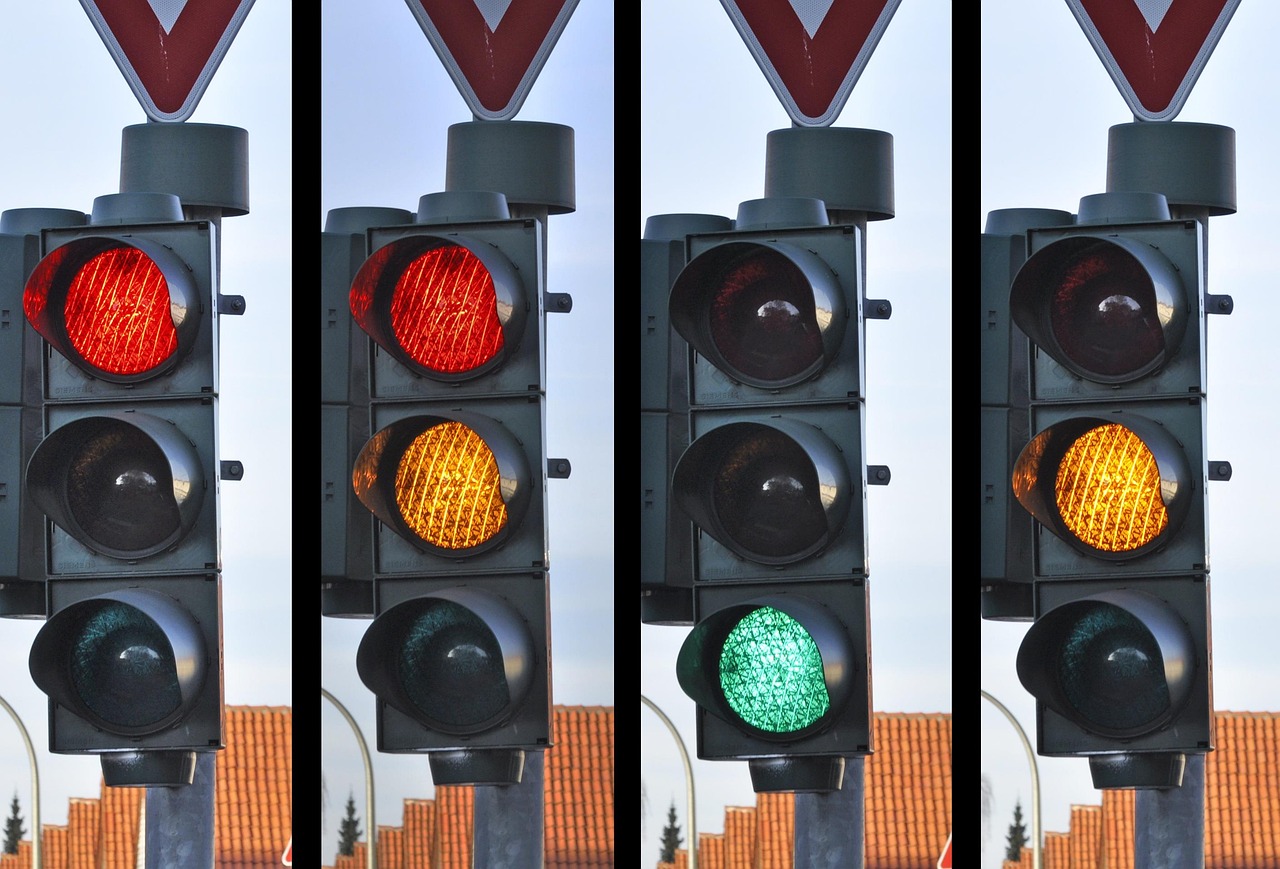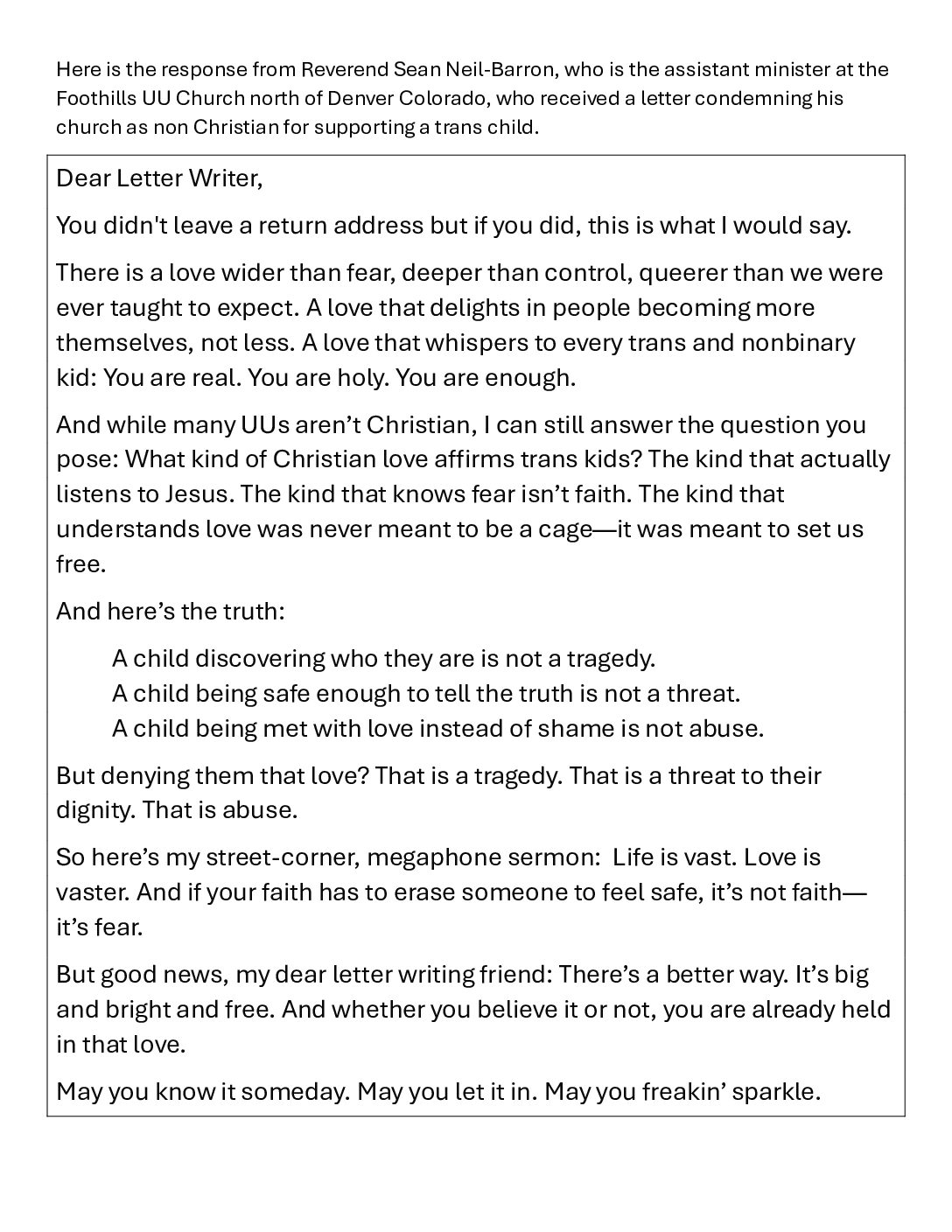Related Posts
As I sat at a red light today, listening to the radio, I heard a song I didn’t recognize. In and of itself, that’s a bit of an event because [...]
As I write, I am feeling very surrounded by brilliance. And I don’t mean ordinary brilliance. I deal with a lot of brilliant people every day. They are kind. They [...]






